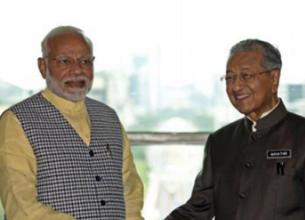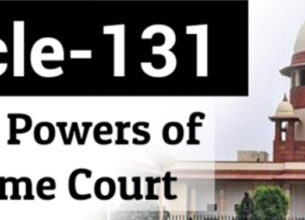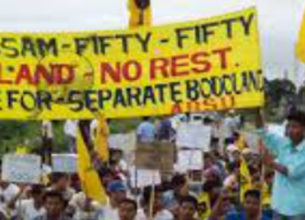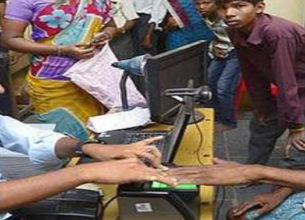ASSAM’S BTAD MAY FACE GOVERNOR’S RULE
27, Apr 2020
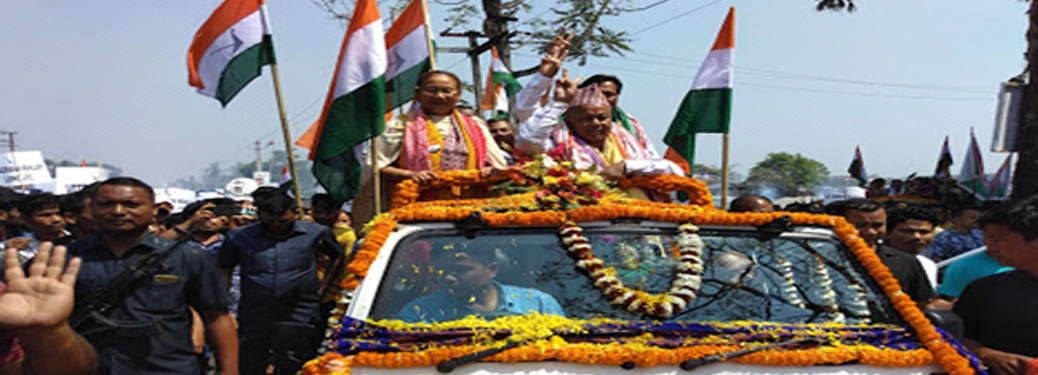
Prelims level : Governance - Institutional Reforms
Mains level : GS-II Functions and responsibilities of the Union and the States, Issues and challenges Pertaining to the Federal Structure, Devolution of Powers and Finances up to local levels and Challenges therein.
Why in News?
- The COVID-19 pandemic may earn Governor’s rule for the Bodoland Territorial Area Districts (BTAD) in Assam.
About BTAD:
- BTAD includes four districts of western and northern Assam which comprises of Kokrajhar, Chirang, Baksa and Udalguri.
- The State’s Governor is the constitutional head of the BTAD that falls under the Sixth Schedule of the Constitution and is administered by the Bodoland Territorial Council (BTC).
- The BTAD and other areas mentioned under the Sixth Schedule of the Constitution were also exempted from the Citizenship (Amendment) Act (CAA), 2019 which was passed recently.
- Bodoland Territorial Region (BTR) would include the villages which are dominated by Bodos but are outside BTAD presently. Villages with non-Bodo population would be excluded from it.
- Bodos living in the hills are conferred a Scheduled Hill Tribe status.
- Bodo language with Devanagari script is the associate official language for the entire Assam.
Who are these Bodos?
- Bodos are the single largest community among the notified Scheduled Tribes in Assam. Bodos are a part of Bodo-Kachari and constitute about 5-6% of Assam’s population.
- The first organised demand for a Bodo state came in 1967-68.
- The Assam Accord of 1985, gave rise to Bodo aspirations and in 1987, ABSU revived the Bodo statehood demand.
- Bodo Security Force which arose in 1986 as an armed group renamed itself NDFB, and later split into factions.
- The first Bodo accord was signed with the ABSU in 1993. It led to the creation of the Bodoland Autonomous Council (BAC) with some limited political powers.
- In 2003, the second Bodo Accord was signed by the extremist group Bodo Liberation Tiger Force (BLTF), the Centre and the state. This led to the creation of BTC, which is an autonomous body under the Sixth Schedule of the Constitution.

What is the Issue Now?
- Elections were scheduled to be held for the BTC on April 4 but were deferred indefinitely in view of the pandemic. The council’s current term expires on April 27.
- One of the delegation argued that the pandemic and its aftermath would make it impossible to hold the elections in the near future. So they asked for the Governor’s rule in BTAD.
- The Bodoland People’s Front (BPF), which has been ruling BTC since its creation in 2003 on the other hand, wants the term extended by six months or elections held soon.
- The election can be conducted as BTAD does not have a single COVID-19 case, but it is also risky to conduct elections for the BTC which may put many lives in danger.
- If the election is not conduced, then the Governor’s rule would be imposed until the election is conducted.





